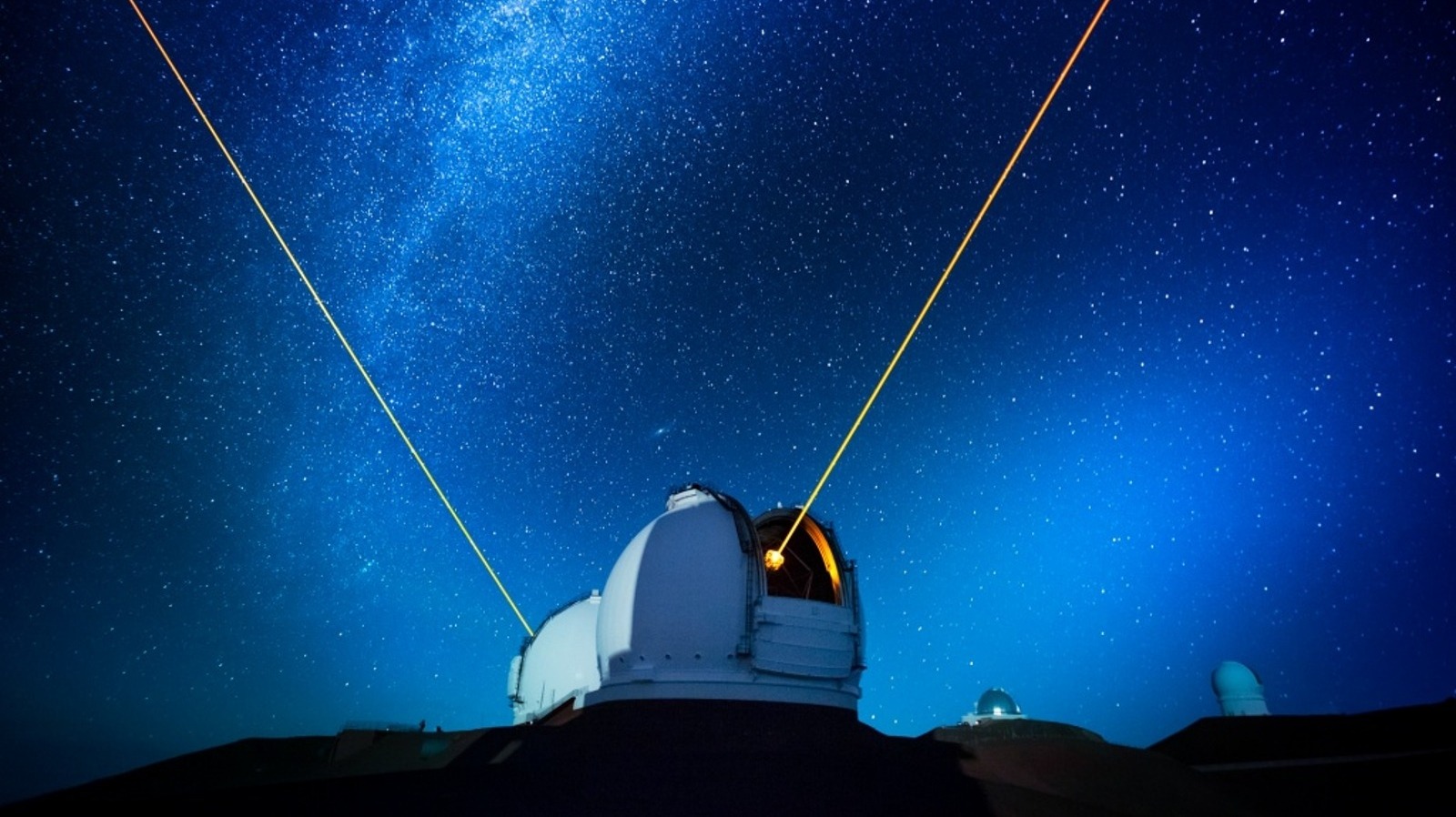
To get data on the structure of M87, the researchers used a new instrument at the Keck Observatory called the Keck Cosmic Web Imager (KCWI), which is specially designed to capture 3D data. The researchers looked at 62 different locations within the galaxy, which covered a region of around 70,000 light-years across, including the 3,000 light-years at the galaxy’s center, which is denominated by the supermassive black hole. The galaxy is too far away for instruments to pick out individual stars, but they can see the rough shape of the stars as they move.
“It’s sort of like looking at a swarm of 100 billion bees,” said lead researcher Chung-Pei Ma of the University of California, Berkeley. “Though we are looking at them from a distance and can’t discern individual bees, we are getting very detailed information about their collective velocities.” Once the researchers had the information about the movements of these swarms of stars, they could use those to see how the gravity of the supermassive black hole was affecting them, which is what allowed them to work out its mass more accurately.
“Knowing the 3D shape of the ‘swarming bees’ enabled us to obtain a more robust dynamical measurement of the mass of the central black hole that is governing the bees’ orbiting velocities,” Ma explained. The data could also be used to learn about the spin of the black hole, which was not previously known, and which the researchers are currently working on.
For all the latest Games News Click Here
For the latest news and updates, follow us on Google News.
